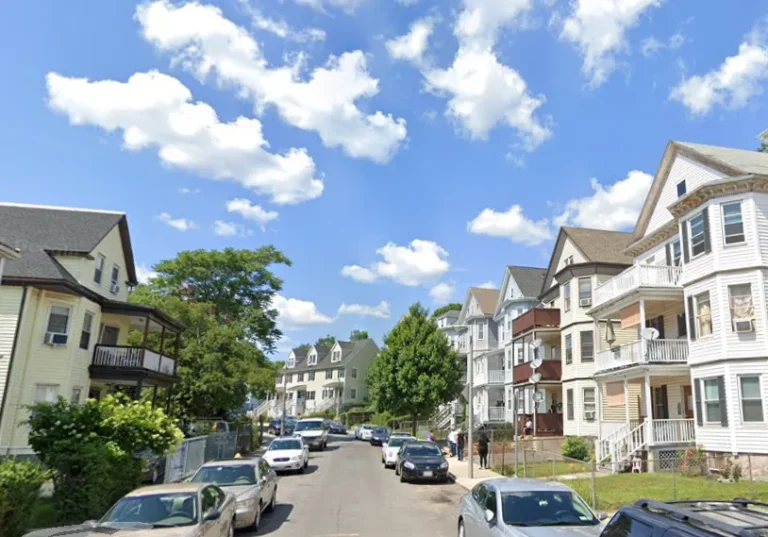
Although ethanol is rapidly eliminated from the circulation, the time for detection by breath analysis is dependent on the amount of intake as ethanol depletes according to a linear reduction at about 0,15‰/1 h. There is a large degree of variability in alcohol metabolism as a result of both genetic and environmental factors. Most people with mild to moderate alcohol withdrawal don’t need treatment in a hospital. But severe or complicated alcohol withdrawal can result in lengthy hospital stays and even time in the intensive care unit (ICU). The main advantages are represented by its antagonist effect on the NMDA receptor, by GABAA stimulation, and by its short duration of effect, that allows a rapid evaluation of patient’s mental status after discontinuation 71, 72. These characteristics =https://ecosoberhouse.com/ make propofol a useful therapeutic option in patients with severe delirium tremens, who are poorly controlled with high doses of benzodiazepines 73.

FAQ’s About Alcohol Detox and Withdrawal
The doctor will be able to explain which treatments are available to you and help you manage any symptoms you experience during alcohol alcohol withdrawal syndrome symptoms withdrawal. The symptoms of alcohol withdrawal will typically begin within 6–12 hours of stopping drinking alcohol. The symptoms of alcohol withdrawal delirium can include agitation and hallucinations. While you may be able to manage mild symptoms on your own or with the support of family and friends based on your doctor’s recommendations, more severe symptoms usually require medical treatment. Moderate symptoms of alcohol withdrawal may last up to 6 days, whereas severe symptoms may last for 5 to 7 days.
Setting For Detoxification
The ideal drug for AWS should have a rapid onset and a long duration of action in reducing withdrawal symptoms and a relatively simple metabolism, not depending on liver function. It should not interact with alcohol, should suppress the “drinking behavior” without producing cognitive and/or motor impairment and it should not have a potential for abuse 21, 51, 52. Signs and symptoms of alcohol withdrawal syndrome, divided per stage 60, 74. Your doctor may prescribe medication to help you manage your symptoms of alcohol withdrawal.
What is acute alcohol withdrawal syndrome?
- Out-patient treatment can be offered to patients who don’t have these risk factors and this decision relies on the withdrawal signs.
- Patients with mild to moderate withdrawal symptoms without additional risk factors for developing severe or complicated withdrawal should be treated as outpatients when possible.
- It’s best to be in a calm and controlled environment to reduce the risk of symptoms progressing toward hallucinations.
- A minority of patients develop very severe alcohol withdrawal syndrome, including delirium tremens.
This CNS excitation is clinically observed as symptoms of alcohol withdrawal in the form of autonomic over activity such as tachycardia, tremors, sweating and neuropsychiatric complications such as delirium and seizures. Moderate drinking is Drug rehabilitation officially defined as 1 drink or less per day for women and 2 drinks or less per day for men. However, if a person already has alcohol use disorder, they can help prevent some of the withdrawal symptoms by speaking to a doctor about safe withdrawal. If your blood pressure, pulse, or body temperature rises, or if you have more serious symptoms like seizures and hallucinations, seek medical care immediately (dial 911).
The continued use of alcohol causes changes in the central nervous system and neurotransmitter production in the brain. When the supply of alcohol is suddenly stopped or decreased, withdrawal symptoms can develop. Medical detoxification or detox for alcohol is a process designed to help individuals safely withdraw from alcohol under medical supervision. It can be done either inpatient or outpatient, depending on your health, needs, and personal preferences. If your doctor thinks you might be going through alcohol withdrawal, they’ll ask you questions about your drinking history and how recently you stopped. If your symptoms are more severe, you may need to stay in the hospital.

Patients presenting with alcohol withdrawal syndrome should receive thiamine and folate supplementation as they are often nutritionally deficient. Alcohol withdrawal causes a range of symptoms when a person with alcohol use disorder stops or significantly decreases their alcohol intake. The symptoms can range from mild to severe, with the most severe being life-threatening. These symptoms can sometimes progress to more serious issues, such as hallucinations and alcohol withdrawal seizures. Alcohol withdrawal exists within the context of long-term alcohol dependence. It occurs when someone with an AUD stops drinking entirely or significantly reduces their alcohol intake.

Hospital Management
- This may include medications, therapy, or both and can be offered in a variety of settings, both inpatient, outpatient, or a hybrid model.
- They include frequent reassurance, reality orientation, and nursing care 38.
- Therefore, chronic use of alcohol leads to an up regulation of glutamate to maintain CNS homeostasis.
- Cassidy et al., reported that symptom-triggered approach reduced cumulative benzodiazepine dose and length of stay in an emergency department set up 54.
- Those with severe or complicated symptoms should be referred to the nearest emergency department for inpatient hospitalization.
Heavy drinking is eight drinks or more per week for females and 15 drinks or more for males. Some researchers note that these prolonged but lower-intensity symptoms can even persist for 2 or more years — especially symptoms that affect your sleep. Anyone that thinks they are dependent on alcohol should consider speaking to a doctor.
People at high risk of complications should enter a short-term in-patient detox program. People who drink daily or almost every day should not be left alone for the first few days after stopping alcohol. Withdrawal symptoms can quickly go from a bad hangover to a serious medical situation. However, medical complications can occur during the acute phase of withdrawal. There is no exact timeline for alcohol withdrawal, and individual factors, such as the level of dependence on alcohol, will influence it.

